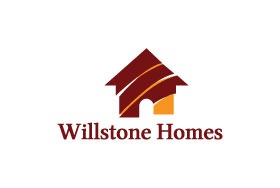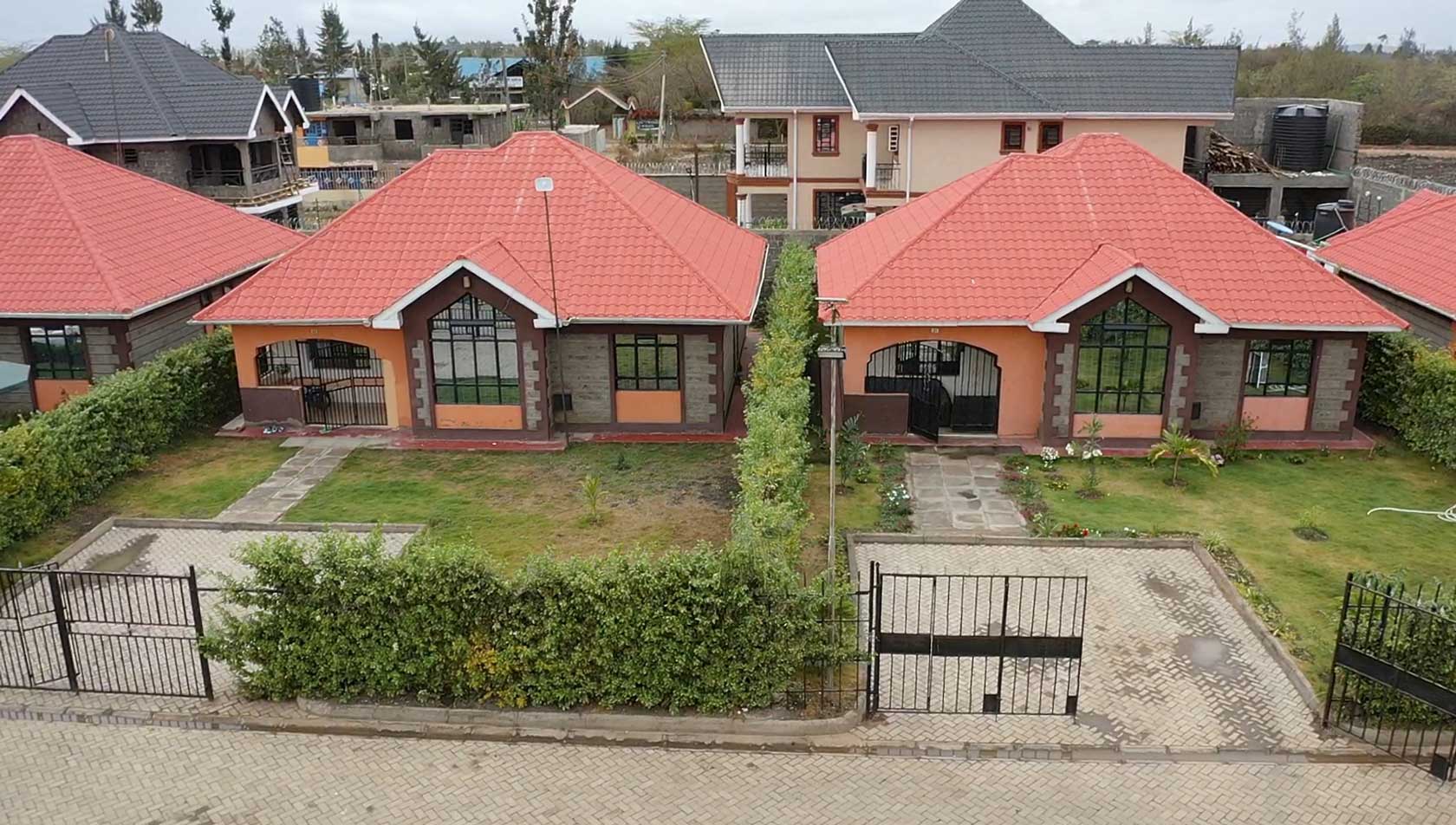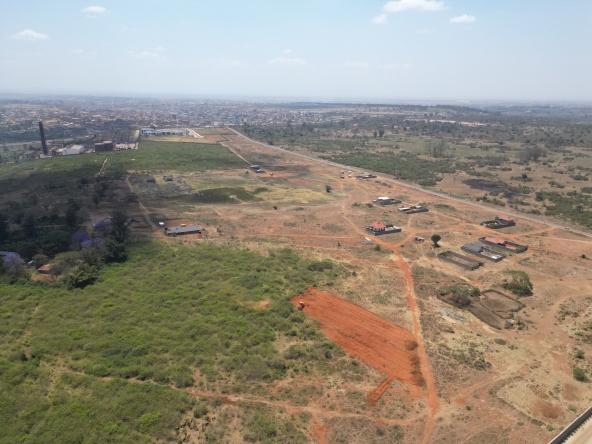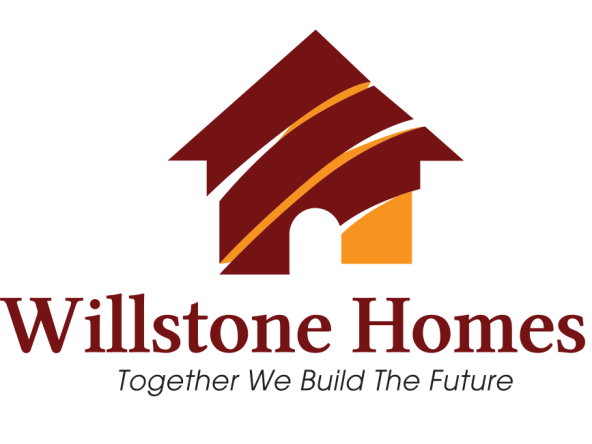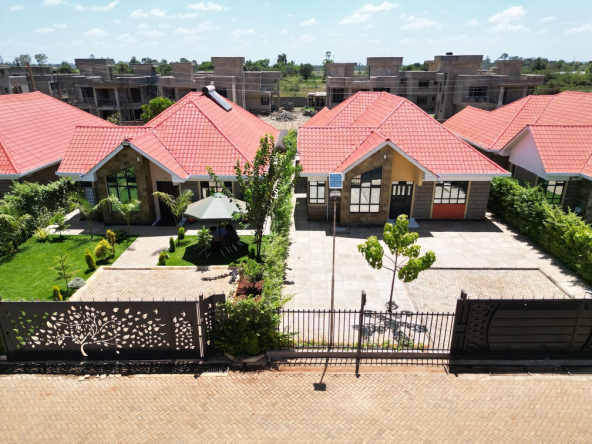The real estate landscape in Kenya is evolving rapidly, with new trends shaping the market as we head into 2025. From the rise of sustainable construction practices to the adoption of cutting-edge technologies, developers are innovating to meet the needs of modern buyers and renters. In this article, we’ll explore the Top 6 Real Estate Trends in Kenya for 2025, offering insights into the key drivers of change in the industry. Whether you’re an investor, developer, or prospective homeowner, these trends highlight the opportunities and challenges shaping the future of real estate in Kenya.
Luxury Property Development in Nairobi
Nairobi continues to be the epicenter of luxury real estate in Kenya. The city’s upscale neighborhoods, such as Karen, Runda, and Westlands, are witnessing a surge in high-end developments, including gated communities, penthouses, and villas. This growth is driven by an increasing number of affluent local buyers and expatriates seeking premium living spaces. Developers are focusing on incorporating state-of-the-art amenities like modern gyms, swimming pools, and landscaped gardens to cater to this discerning clientele. The emphasis on luxury property development in Nairobi underscores the city’s position as a prime destination for upscale living.
Embracing Smart Home Technology for Kenyan Homes
The adoption of smart home technology is rapidly transforming the Kenyan real estate market, as more homeowners seek convenient, efficient, and tech-enabled living spaces. In 2023, the Africa Smart Home Market was valued at USD 2.32 billion and is projected to grow to USD 8.63 billion by 2030, with an impressive compound annual growth rate (CAGR) of 20.7% from 2024 to 2030. This growth reflects the increasing demand for homes equipped with advanced technological features that cater to the needs of modern lifestyles.
Smart homes offer an array of benefits, including automated lighting and temperature control systems, energy-efficient appliances, and state-of-the-art security solutions like remote surveillance and smart locks. These features not only enhance convenience but also contribute to energy conservation and long-term cost savings. For instance, integrating smart thermostats can reduce energy usage by up to 15%, according to studies by energy efficiency experts.
Kenyan developers are tapping into this trend by incorporating smart home technology into their projects to appeal to tech-savvy buyers and renters. Properties in cities like Nairobi and Mombasa are leading the way, offering smart features as standard inclusions. By doing so, developers position their projects as forward-thinking and future-proof, meeting the needs of a growing middle class that prioritizes connectivity, security, and efficiency in their homes.
The continued expansion of Kenya’s 4G and 5G networks will further support the functionality of smart home devices, ensuring seamless operation and making smart living an integral part of the country’s real estate landscape.
Sustainable Real Estate Projects in Kenya
Sustainability is emerging as a cornerstone of Kenya’s real estate sector as developers respond to the growing demand for eco-friendly and energy-efficient homes. This trend is being driven by several factors, including increasing consumer awareness of climate change, stricter environmental regulations, and the long-term economic benefits of sustainability.
Developers are incorporating eco-friendly materials such as bamboo, recycled steel, and locally sourced stone into construction projects to minimize their environmental impact. Additionally, energy-efficient designs, such as solar power systems, LED lighting, and smart energy management systems, are becoming standard features in modern developments. Green roofs and rainwater harvesting systems are also being introduced in residential and commercial properties to promote water conservation and enhance urban cooling.
Kenya’s commitment to sustainable real estate aligns with international green building certifications like LEED (Leadership in Energy and Environmental Design) and EDGE (Excellence in Design for Greater Efficiencies), which are gaining traction in the region. For instance, buildings like the Garden City Mall and The Hub Karen have adopted green building practices, setting benchmarks for environmentally responsible development.
Moreover, a survey by the International Finance Corporation (IFC) shows that sustainable building designs can reduce energy use by up to 50% and water use by 30%, resulting in lower operational costs for property owners. By embracing sustainability, developers not only contribute to reducing Kenya’s carbon footprint but also attract environmentally conscious investors and buyers who value long-term economic and ecological benefits.
The Appeal of Mixed-Use Developments in Nairobi
Mixed-use developments, which combine residential, commercial, and recreational spaces, are gaining popularity in Nairobi. These projects cater to the urban population’s desire for convenience and accessibility. Notable examples include areas like Two Rivers and The Hub Karen, which have successfully integrated various functionalities within single developments. The rise of mixed-use developments in Nairobi reflects a shift towards more holistic urban planning, accommodating the diverse needs of city dwellers.
The Role of 5G on Property Development in Kenya
The rollout of 5G technology in Kenya is a game-changer for property developers, offering immense opportunities to reshape real estate projects. With its faster internet speeds and low-latency connections, 5G enhances the appeal of properties by enabling smart home features such as automated lighting, advanced security systems, and energy-efficient appliances. These features are increasingly attractive to modern buyers and tenants who prioritize convenience, technology, and connectivity.
Kenya’s first commercial 5G services, launched by Safaricom in October 2022, targeted both residential and commercial spaces, particularly in areas lacking fiber connectivity. This development enables property developers to incorporate tech-enabled communities into their projects, aligning with global trends toward digital living. For example, integrating 5G infrastructure into new builds can support remote working setups, creating homes that meet the evolving needs of Kenya’s workforce.
However, challenges remain, particularly in rural areas where the cost and logistics of deploying 5G infrastructure may limit accessibility. Developers focusing on urban hubs like Nairobi, Mombasa, and Kisumu have an advantage, as these regions are likely to see faster adoption.
By embracing 5G technology, property developers can future-proof their investments and stand out in a competitive market, appealing to a growing base of tech-savvy and digitally dependent buyers
The table below highlights key metrics and projections that showcase the growth of 5G technology and its potential influence on Kenya’s real estate sector. These statistics underline the increasing integration of smart technologies and connectivity solutions, which are transforming the way properties are developed, managed, and marketed. Developers can leverage these insights to align their projects with emerging trends and consumer demands.”
| Metric | Value | Source |
|---|
| Projected 5G Adoption in Kenya by 2030 | 21% of total connections | Mordor Intelligence |
| Kenya Telecom Market Growth (2024-2029) | USD 3.79 billion to USD 4.23 billion (CAGR of 2.24%) | Mordor Intelligence |
| Africa Smart Home Market Growth (2023-2030) | USD 2.32 billion to USD 8.63 billion (CAGR of 20.7%) | Renub Research |
| Kenya Data Center Market Growth (2023-2029) | USD 227 million to USD 440 million (CAGR of 11.66%) | Arizton Advisory & Intelligence |
Exploring Green Building Trends in Kenya 2025
Sustainable construction practices are rapidly shaping the future of Kenya’s real estate sector as developers embrace eco-friendly designs and technologies. In 2025, the focus is on creating buildings that prioritize energy efficiency, waste reduction, and the use of locally sourced, renewable materials. These practices cater to the growing demand for environmentally conscious living while reducing operational costs for homeowners and businesses.
A key driver of this trend is the adoption of global green certification standards such as LEED (Leadership in Energy and Environmental Design) and EDGE (Excellence in Design for Greater Efficiencies). These certifications set benchmarks for sustainable construction, ensuring that buildings meet stringent criteria for energy and water conservation. Kenyan projects like Garden City Mall and The Hub Karen have already achieved these certifications, paving the way for other developers to follow suit.
Developers are also integrating features like solar energy systems, rainwater harvesting, and green roofs into their projects, contributing to a reduction in carbon footprints and enhanced urban cooling. According to the International Finance Corporation (IFC), buildings with sustainable designs can lower energy use and water use, offering long-term financial and environmental benefits.
The emphasis on green building trends in Kenya 2025 reflects a growing commitment to environmental stewardship and aligns with national and global sustainability goals. By adopting these practices, developers are not only protecting the environment but also creating valuable, future-proof investments that resonate with eco-conscious buyers and investors.
These Top 6 Real Estate Trends in Kenya for 2025 underline the dynamic nature of the country’s property market. From embracing smart home technologies to prioritizing sustainability and adapting to shifting consumer preferences, developers are setting the stage for a more innovative and environmentally conscious real estate sector. By staying ahead of these trends, industry stakeholders can position themselves for success in a competitive and fast-changing market. Kenya’s real estate future is bright, and these trends are a testament to the sector’s resilience and adaptability.
Read also : Outlook and Growth Prospects for the Real Estate Sector in Kenya, 2025
🏡 Looking for Your Dream Home in Nairobi?
At Willstone Homes, we make homeownership affordable, stress-free, and rewarding. Whether you’re looking for a modern home in a secure gated community or a profitable real estate investment, we have the perfect property for you.
✅ Quality Homes with elegant finishes
✅ Flexible Payment Plans tailored for you
✅ Prime Locations in Nairobi and beyond
✅ Hassle-Free Ownership with clean title deeds
📞 Call/WhatsApp: +254 711 082 011
🌐 Visit: www.willstonehomes.ke
🏠 Secure your dream home today with Willstone Homes – Where Quality Meets Affordability! 🔑✨
